
Full Stack Developer: Discover the Fastest Route to becoming one
Mar 12, 2025 4 Min Read 6203 Views
(Last Updated)
Full stack developers are an integral part of all organizations, especially product-based companies. So much so, that Full Stack Development has been regarded as THE tech career of the decade.
Hence, it’s a no-shocker that a career in FSD comes with a salary range of ₹3L to ₹17L per annum with an average of ₹6L per annum in India according to Glassdoor.
Now, are you aiming to build a career as a full-stack developer and maximize your potential? Well then, you’ve chosen the right guide.
In this article, we’ll discuss what a full stack developer is, the benefits of becoming a full stack developer, the skills and technologies you’ll need, the fastest route to becoming a full stack developer, and more.
Let’s dive right in.
Table of contents
- What is a Full Stack Developer?
- Benefits of Becoming a Full-Stack Developer
- Skills and Technologies Essential toFull-Stack Development
- The ShortestPath to Become a Full-Stack Developer
- Develop Your Full Stack Development Skills
- Create a Full Stack Development Portfolio
- Find a Full Stack Developer Internship/Job.
- Concluding thoughts...
What is a Full Stack Developer?
A full stack developer is a type of software engineer who can work with both the front-end and the back-end of web applications.

They have expertise in all layers of the web development process, from the user-interface design right down to the database layer.
Full stack developers are in high demand for their ability to develop a complete web application from start to finish. They are experts at quickly creating, testing, and deploying web applications.
They are highly capable individuals that can work with a variety of different technologies, from server-side languages and frameworks to front-end technologies such as HTML, CSS, and JavaScript.
Before diving into the next section, ensure you’re solid on full-stack development essentials like front-end frameworks, back-end technologies, and database management. If you are looking for a detailed Full Stack Development career program, you can join GUVI’s Full Stack Development Course with Placement Assistance. You will be able to master the MERN stack (MongoDB, Express.js, React, Node.js) and build real-life projects.
Additionally, if you want to explore JavaScript through a self-paced course, try GUVI’s JavaScript certification course.
Benefits of Becoming a Full-Stack Developer
There are a series of benefits that trail along with being a full-stack developer. Some of them are discussed below:
- Increased Job Opportunities – As a full-stack developer, you will have access to a wider range of job opportunities. Companies are always looking for developers who can work on both the front-end as well as the back-end of their applications.
- Greater Earning Potential – Full stack developers tend to earn more than those who specialize in either front-end or back-end development. This is because they are able to work on both sides of the development process, increasing their value to employers.
- Flexibility – Full stack developers are able to work on both the front-end and back-end of web applications. This gives them the flexibility to choose which areas they want to focus on.
Skills and Technologies Essential to Full-Stack Development
To become a full-stack developer, you will need to master a variety of different skills and technologies. Here’s a brief about the most important ones:

- HTML, CSS, and JavaScript – These are the core technologies used for creating user interfaces. As a full stack developer, you should have a good understanding of how to use HTML, CSS, and JavaScript to create responsive websites and web pages.
- Server-side Languages – You must also have expertise in server-side languages such as PHP, Ruby, Python, or Java. These are the languages that power the back end of web applications.
- Databases – You will be required to familiarise yourself with databases such as MySQL or MongoDB. These are used to store data and make it accessible to the front end.
- Server-side Frameworks – Server-side frameworks such as Express, Rails, or Django are also very important. They are used to create the back-end logic that powers web applications.
- Version Control – Version control systems such as Git or Subversion are also important. They are used to track changes in the source code and make it easier to collaborate with other developers.
The Shortest Path to Become a Full-Stack Developer
Now that you have a better understanding of what a full-stack developer is and the skills and technologies needed to be one, it’s time to discuss the fastest route to becoming a full-stack developer.
The best and quickest way is to start learning and gain a basic understanding of HTML, CSS, and JavaScript.
Once you have a good understanding of these technologies, you can begin expanding your knowledge by exploring server-side languages and frameworks, databases, and version control systems.
It’s also important to practice and develop your skills by building projects. This will give you the experience you need to become a full-stack developer.

An effective way of doing this is by joining online coding boot camps with precise curriculums curated and taught by industry experts, various capstone projects for your portfolio, placement assistance, and globally-recognized certifications.
You should also join online communities and learn from other developers to improve your knowledge and coding skills.
Let us dive into some of the important aspects of how you can become a full-stack developer efficiently and with the least amount of time possible.
1. Develop Your Full Stack Development Skills
Once you have a basic understanding of the technologies used in full-stack development, you must start developing your skills further. Here are some tips on how to do so:

a. Join Online Bootcamps – There are many online boot camps and courses that not only teach you the skills required to become a full stack developer but also help you land your first job. Joining them is an excellent way to quickly learn the skills and technologies you need.
b. Practice – As with any skill, practice is the key to mastering full-stack development. You should hone your skills by building capstone projects and experimenting with different technologies. Bootcamps assist you in this aspect as well.
c. Read – Reading books and articles written by experienced full-stack developers is another great way to quickly develop your skills.
d. Attend Conferences – Attending conferences and events is a great way to learn more about full-stack development. You can meet other developers, learn new techniques, and expand your network by building new connections.
2. Create a Full Stack Development Portfolio
Once you’ve developed your skills and advanced to a certain level, you should start to create a portfolio of your work.
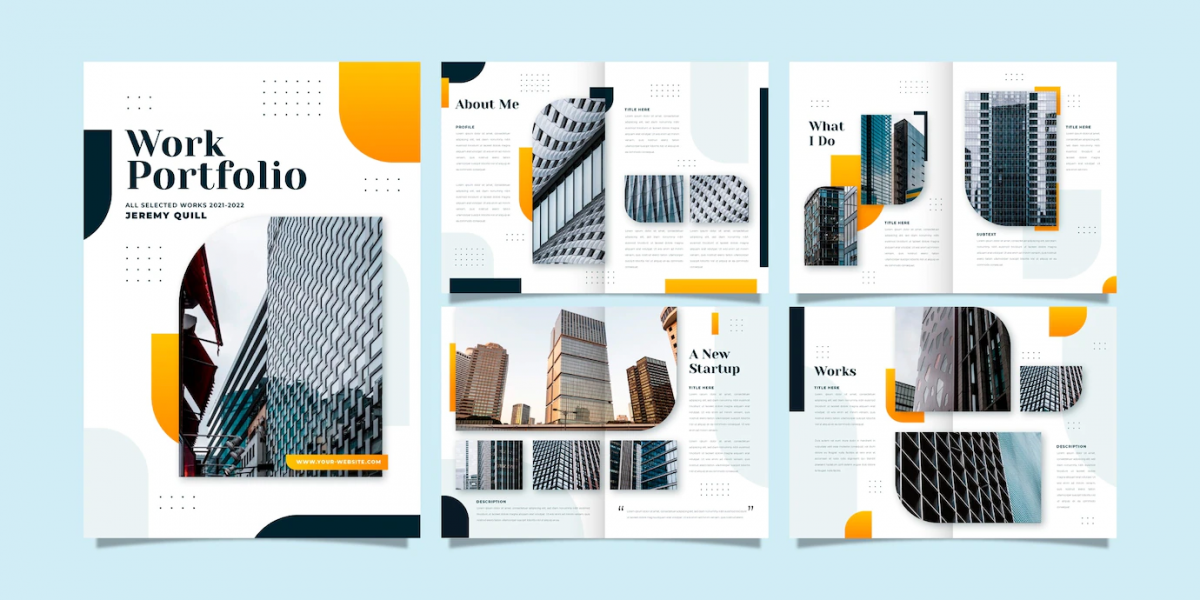
Basically, you should build various projects and highlight the most affluential ones by adding them to your tech portfolio.
This will allow your future employers to peer into your skills and what you are capable of achieving with your code.
Your portfolio should include examples of your work, references, and the certifications you have earned.
3. Find a Full Stack Developer Internship/Job.
Once you have built your portfolio, you can start to look for full stack developer internships and jobs.
You can search for jobs on job boards such as LinkedIn, Indeed, and Monster, or by directly approaching companies with your resume and portfolio.

If you have joined a boot camp, then they assist you in landing a great job by screening and improving your resume and portfolio, training you through mock interviews, and sending your resume across major companies using their pool of connections.
It’s also important to network with other developers. Networking is a great way to learn about job openings and make connections. You must join online communities such as Slack or Facebook groups and attend local meetups.
Concluding thoughts…
Becoming a full stack developer is a great way to increase your earning potential.
And the fastest route as we discussed earlier is to learn and hone your skills. Looking for a quick or easy way out never ends well. But if you put in the time and effort, you are sure to make your way to a rewarding career at lightning speed.
You must practice your skills by building projects and joining online communities.
Online boot camps are a great way of achieving your dream Full Stack Developer career as they are precise, up-to-date with the latest advancements, as well as provide placement assistance and industry-grade certifications.
One such excellent resource is the Full Stack Developer Bootcamp Course offered by GUVI which is constantly updated with all of the latest tools and technologies needed for Full Stack Development jobs that are taught by industry experts and they provide placement guidance!
If you want to gain mastery over an essential and widely used programming language, you can explore JavaScript through GUVI’s JavaScript certification course.
So, we hope that you make a brand-new start to achieving your career goals as we begin this new year.

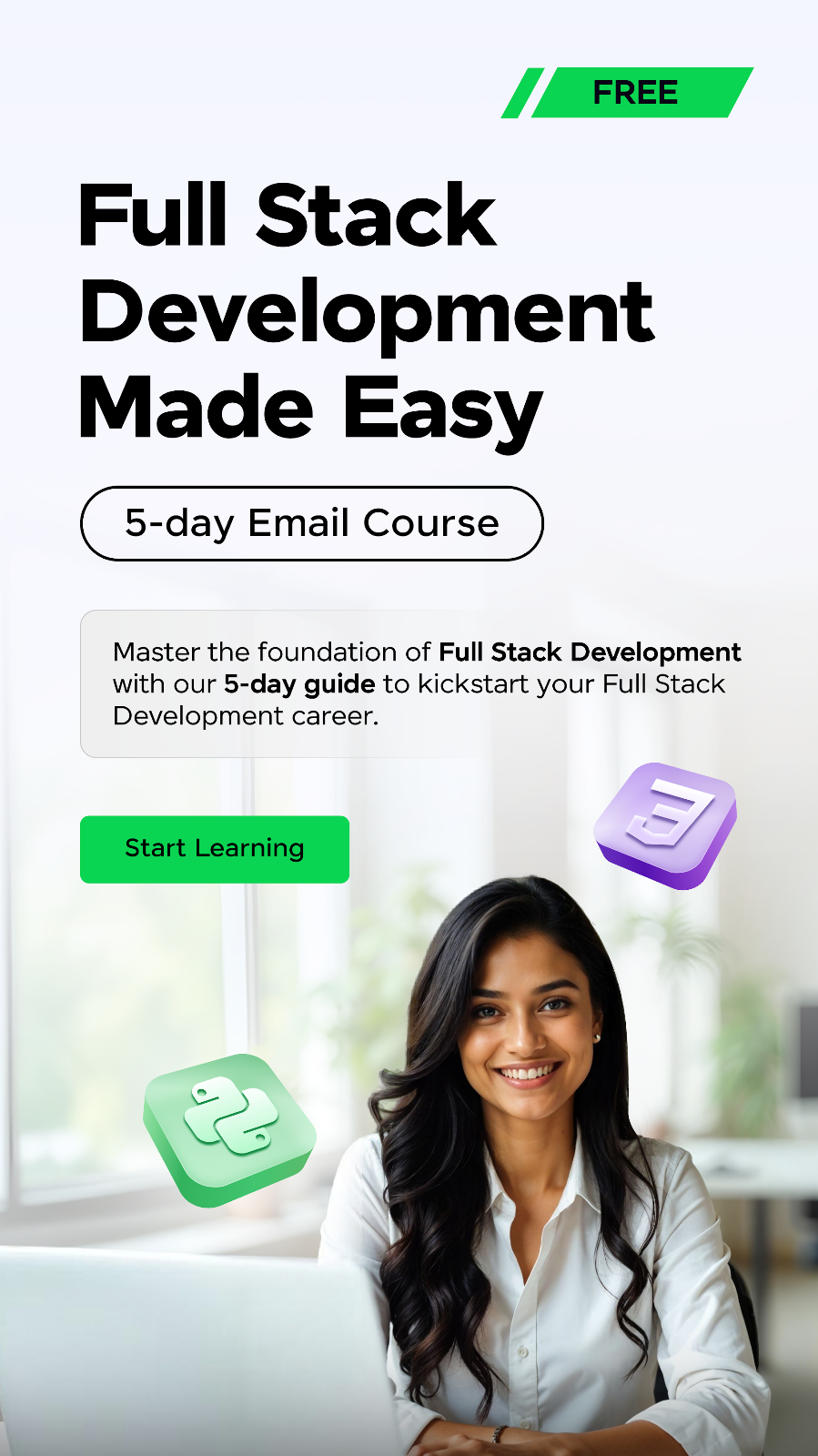



















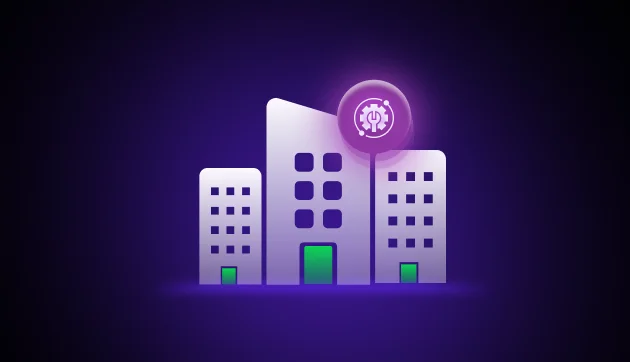
![Top Roles and Responsibilities of a Civil Engineer [2025] 8 Feature image - Top Roles and Responsibilities of a Civil Engineer](https://www.guvi.in/blog/wp-content/uploads/2023/09/Feature-image-Top-Roles-and-Responsibilities-of-a-Civil-Engineer-1.webp)

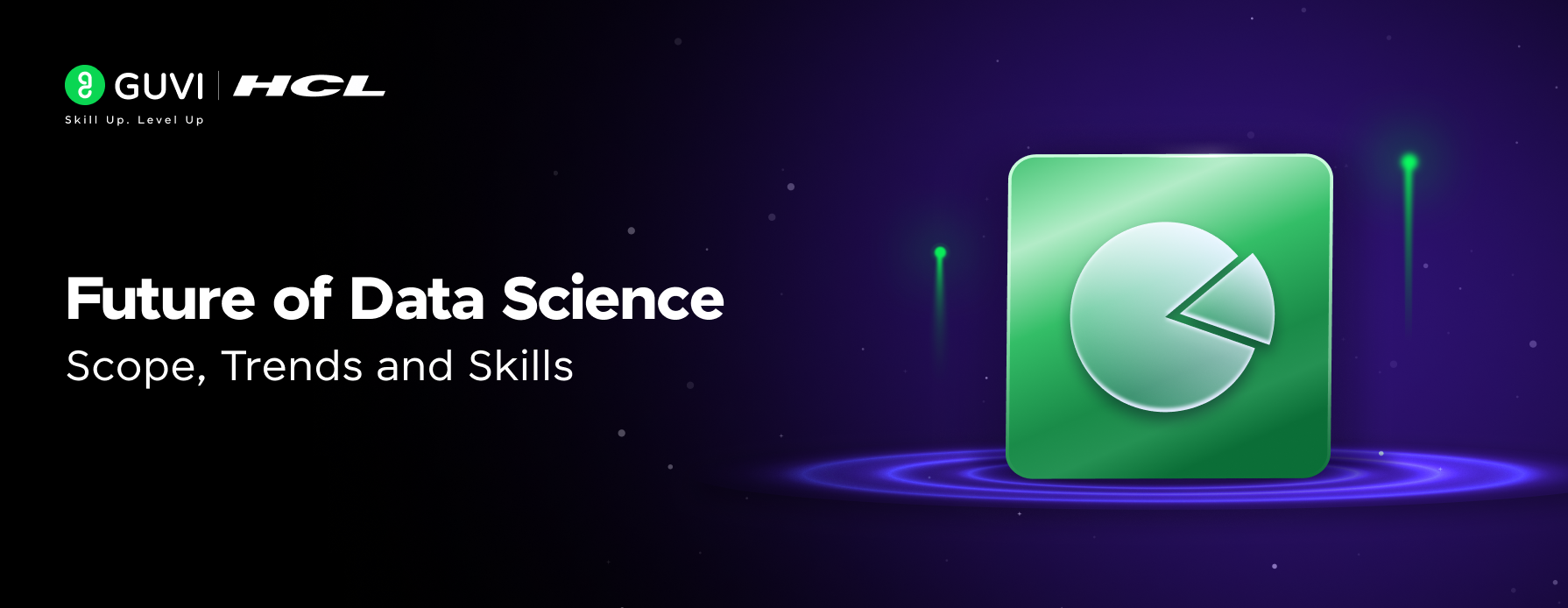



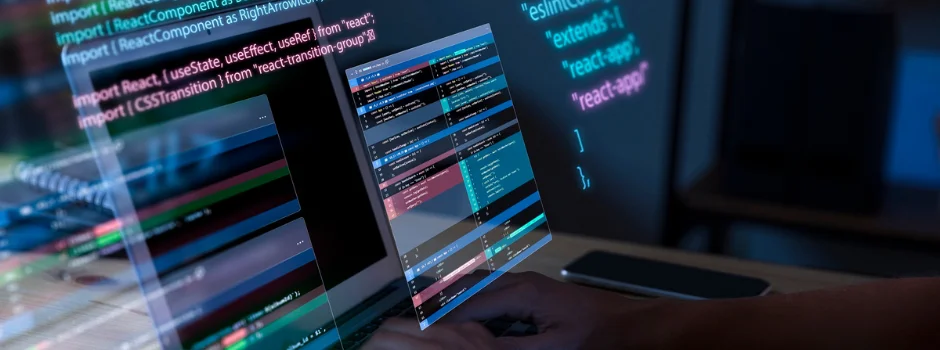


Did you enjoy this article?